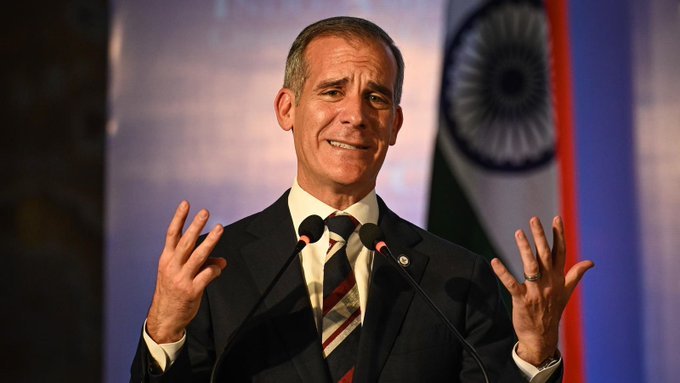
India stands as one of the highest tariff-major economies globally, which poses significant hurdles for international trade.
Tariffs are taxes imposed on imported goods, making them more expensive and less competitive in the domestic market.
This protective measure is often implemented to support local industries, but when excessively high, it can lead to strained trade relations with other economies, especially with major trading partners like the United States.
Recently, U.S. Ambassador to India, Eric Garcetti, emphasized the necessity for both India and the U.S. to lower tariffs.
By doing so, it would facilitate smoother trade relations and create a more favorable environment for business.
Lowering tariffs not only benefits exporters but also enhances consumer choices through access to a wider range of products.
This approach can potentially stimulate economic growth for both nations.
Reducing tariffs can result in improved trade relations between India and the U.S., leading to mutual economic benefits.
Both countries have much to gain through increased investments, technology transfer, and job creation.
By fostering a trade-friendly atmosphere, they can more effectively address shared challenges such as supply chain resilience and sustainability in trade practices.
As the global economy continues to evolve, the need for cooperative trade policies becomes increasingly urgent.





